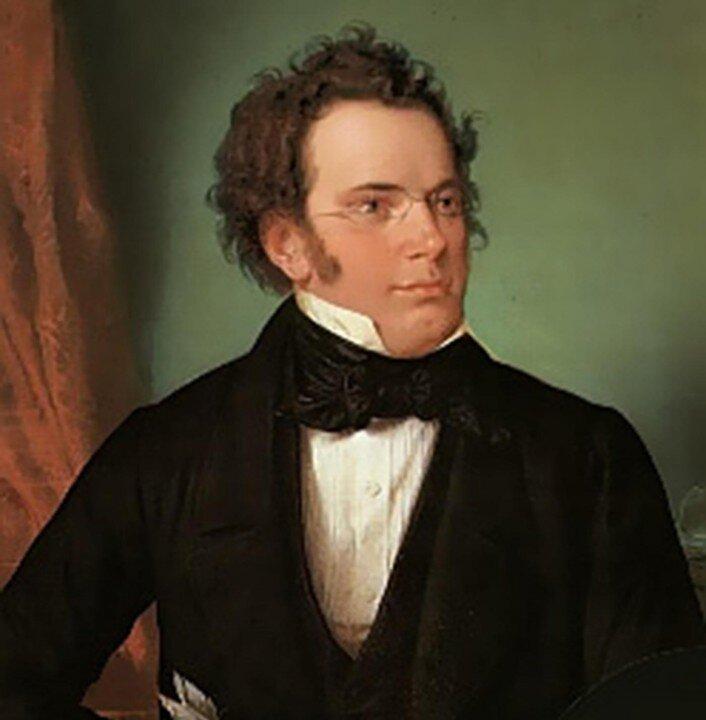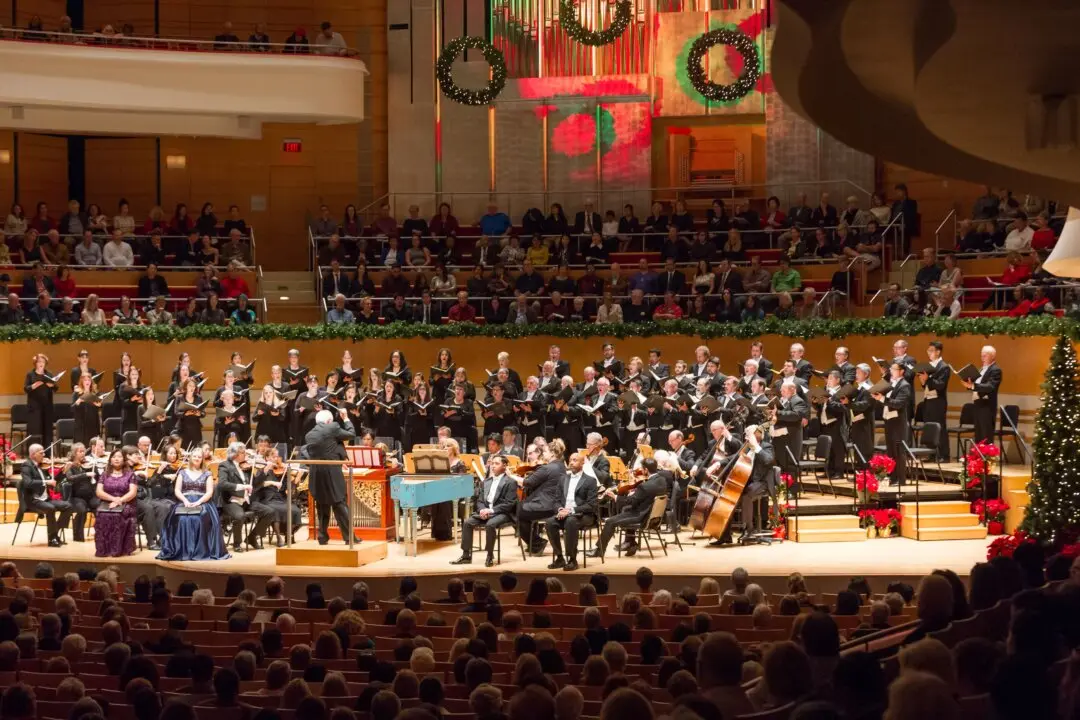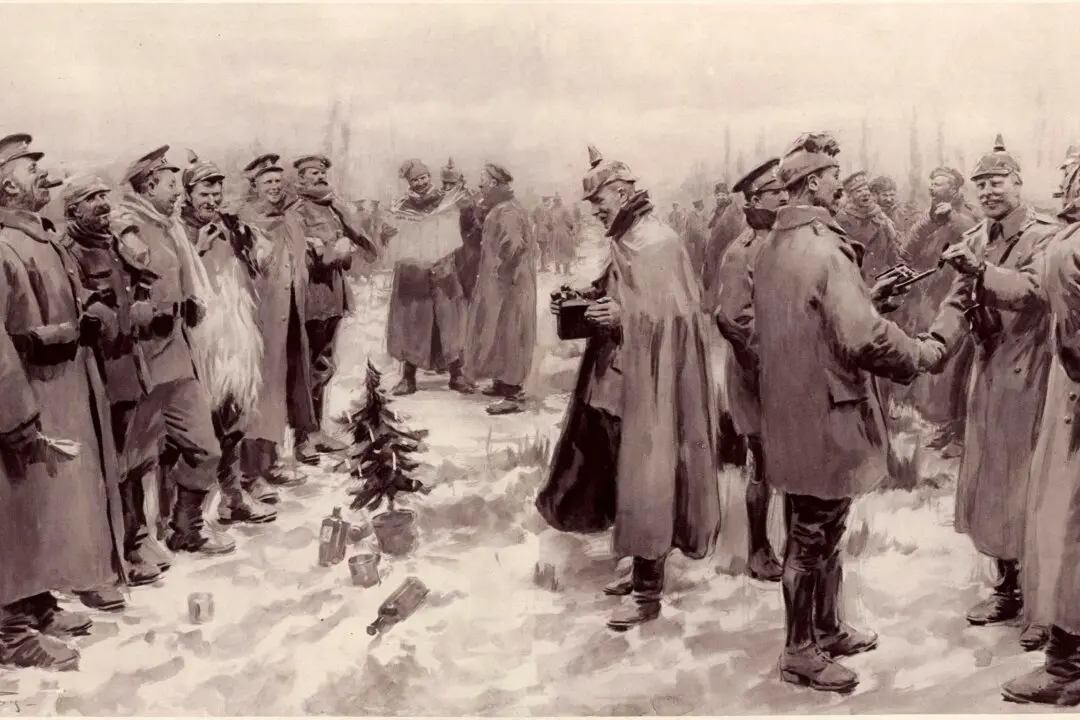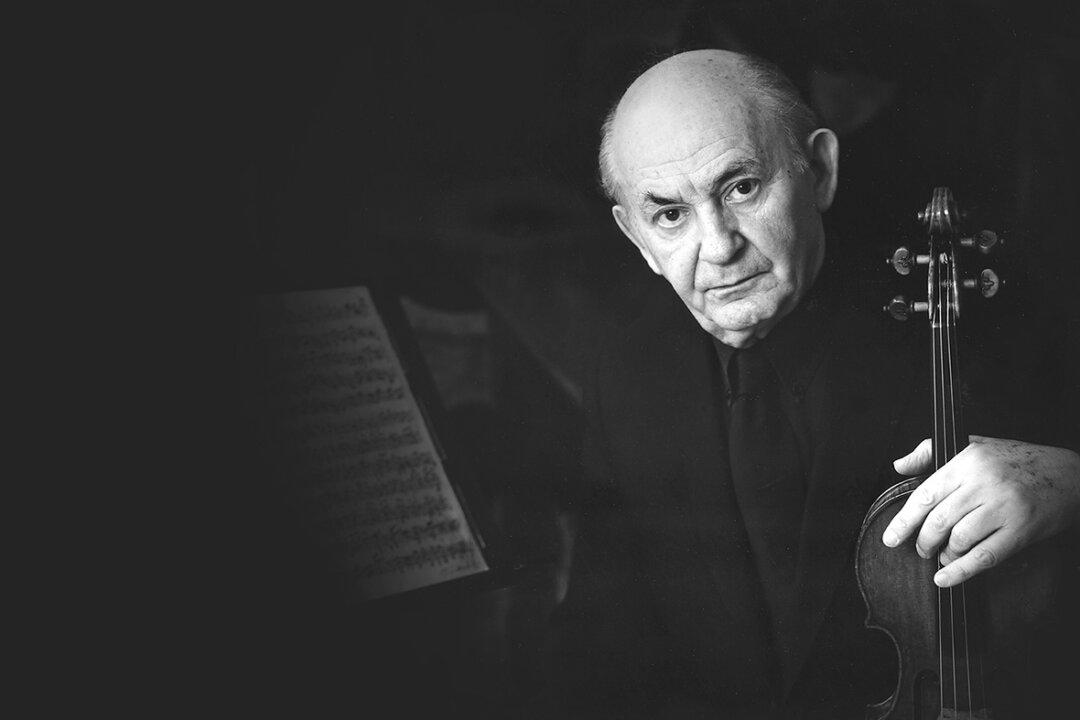Little Schubert! He was not quite five feet tall, he was portly, he was plain, and lived only 31 years. The few letters he left behind reveal a gentle, ardent soul, incapable of resentment, and incapable of artifice. He was music’s messenger of infinite beauty and goodwill, producing within 18 years a multitude of symphonies, sonatas, chamber works, and songs in unrivaled abundance. His friends called him “Schwammerl” (“Little Mushroom”) and said that he slept with his glasses on so that he could begin to compose the moment he awoke.
Schubert (1797–1828) was not as celebrated in his time as Beethoven, who lived only blocks away, but he had a distinguished circle of friends that included the notable musicians, poets, and painters of Vienna.






